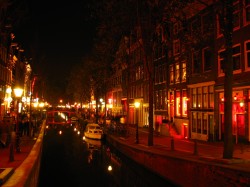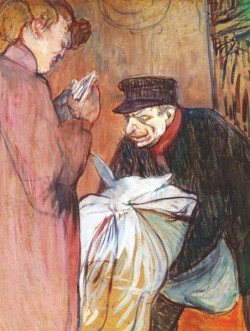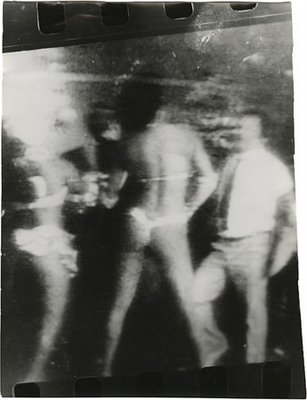 I collect well-styled and informative descriptions of sex-industry settings in novels, here John le Carré’s 1990 The Secret Pilgrim. Fiction can transmit far more of the atmosphere and goings-on in sex venues than social-science research, not least because authors get to express their personal feelings. Here the migrant sex worker is Cambodian, girlfriend of a spy being searched for in a Thai brothel called the Sea of Happiness. The voice changes as I’ve cut to include only bits relevant to clients and sex work.
I collect well-styled and informative descriptions of sex-industry settings in novels, here John le Carré’s 1990 The Secret Pilgrim. Fiction can transmit far more of the atmosphere and goings-on in sex venues than social-science research, not least because authors get to express their personal feelings. Here the migrant sex worker is Cambodian, girlfriend of a spy being searched for in a Thai brothel called the Sea of Happiness. The voice changes as I’ve cut to include only bits relevant to clients and sex work.
He’d popped up here on a flying visit. One day, that’s all. One day, one night, then back to the missus and a book. Offshore leisure consortium wanted him to buy a hundred acres of prime coastland for them. Did his business, then off they all go to this girlie restaurant, Duffy and a bunch of his traders – Duffy’s not averse to a bit of the other, never has been. Place called The Sea of Happiness, slap in the middle of the red-light quarter. Upmarket sort of establishment, as they go, I’m told. Private rooms, decent food if you like Hunanese, a straight deal and the girls leave you alone unless you tell ‘em not to.
At girlie restaurants, he explained, somehow contriving to suggest he had never personally been to one, young hostesses, dressed or undressed, sat between the guests and fed them food and drink while the men talked high matters of business. In addition, The Sea of Happiness offered a massage parlour, a discotheque and a live theatre on the ground floor.
Duffy clinches the deal with the consortium, a cheque is passed, he’s feeling his oats. So he decides to do himself a favour with one of the girls. Terms agreed, off they go to a cubicle. Girl says she’s thirsty, how about a bottle of champagne to get her going? She’s on commission, naturally…
…First Henry had had a drink at the bar, then he had watched the show. Then he had sent for the Mama San, who hurried over assuming he had a special wish. He had shown the Mama San his translator’s card and said he was writing an article about her establishment – the superb food, the romantic girls, the high standards of sensitivity and hygiene, particularly the hygiene. He said he had a commission from a German travel magazine that recommended only the best places. The Mama San took the bait and offered him the run of the house. She showed him the private dining rooms, the kitchens, cubicles, toilets. She introduced him to the girls and offered him one on the house, which he declined, to the head chef, the doorman and the bouncers.
“But who is your farang who carries the bottles for you?” Henry had cried out with amusement to the Mama San. “Must he stay behind and work because he cannot pay his bill?”
The Mama San laughed also. Against farangs, or Westerners, all Asians feel naturally united. “The farang lives with one of our Cambodian girls,” she replied with contempt, for Cambodians are rated even lower than farangs and Vietnamese in the Thai zoology. “He met her here and fell in love with her, so he tried to buy her and make a lady out of her. But she refused to leave us. So he brings her to work every day and stays until she is free to go home again. She is number nineteen,” said the Mama San, with a shrug. “Her house name is Amanda. Would you like her?”
Henry could not resist taking a look. The girls who were not with clients lounged on plush benches behind a glass wall, wearing numbers round their necks and nothing else, while they chatted to each other or tended their fingernails or stared vacuously at an ill-tuned television set. As Henry watched, number 19 stood up in response to a summons, picked up her little handbag and a wrap and walked from the room. She was very young. Many girls lied about their age in order to defeat the regulations – penniless Cambodians particularly. But this girl, said Henry, had looked no more than fifteen…
…An hour later, I was presenting myself at The Sea of Happiness and buying a ticket for fifty dollars. I removed my shoes, as custom required, and moments later I was standing in a neon-lit cubicle in my stockinged feet, staring into the passive, much painted features of girl number 19.
She wore a cheap silk wrap with tigers on it, but it was open from the neck down. Underneath it she was naked. A heavy Japanese style make-up covered her complexion. She smiled at me and thrust her hand swiftly towards my groin, but I replaced it at her side. She was so slight it seemed a mystery that she was equal to the work. She was longer-legged than most Asian girls and her skin was unusually pale. She threw off her wrap and, before I could stop her, sprang on to the frayed chaise longue, where she arranged herself in what she imagined to be an erotic pose, caressing herself and uttering sighs of desire. She rolled on to her side with her rump thrust out, draping her black hair across her shoulder so that her tiny breasts poked through it. When I did not advance on her, she lay on her back and opened her thighs to me and bucked her pelvis, calling me “darling” and saying “please.
“Sit up,” I said, so she sat up and again waited for me to come to her. “Put on your wrap.”
When she appeared not to understand, I helped her into it. Henry had written the message for me in Khmer. “I want to speak to Hansen,” it read. “I am in a position to obtain Thai papers for yourself and your family.” I handed it to her and watched her study it. Could she read? I had no way of telling. I held out a plain white envelope addressed to Hansen. She took it and opened it. The letter was typed and its tone was not gentle. It contained two thousand baht. — John le Carré, The Secret Pilgrim, 1990
—Laura Agustín, the Naked Anthropologist


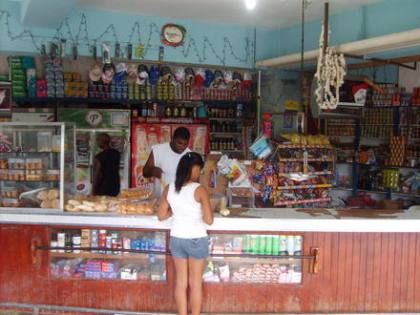
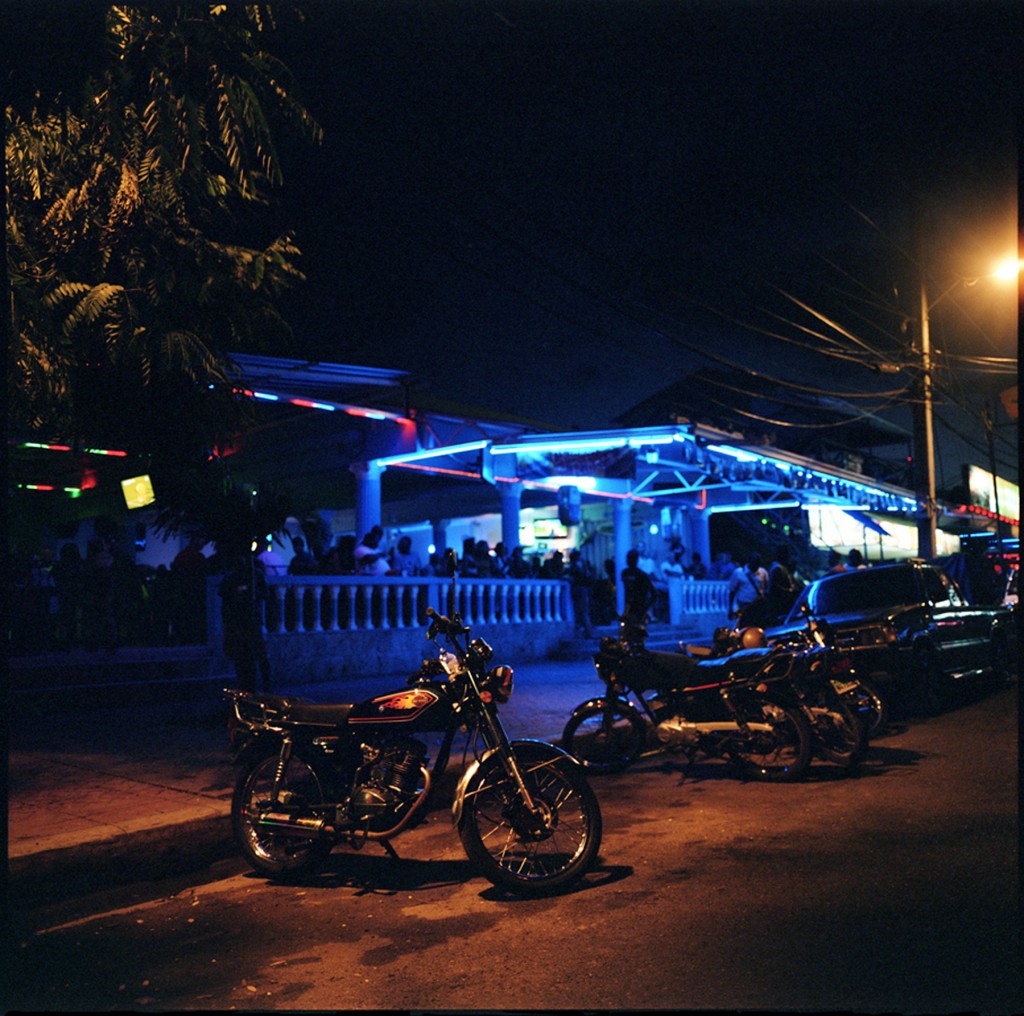
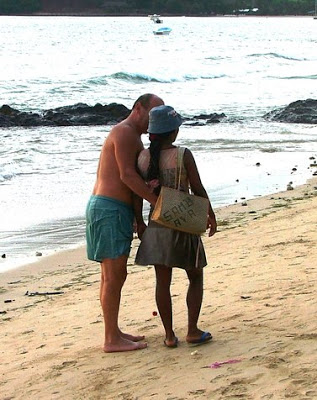


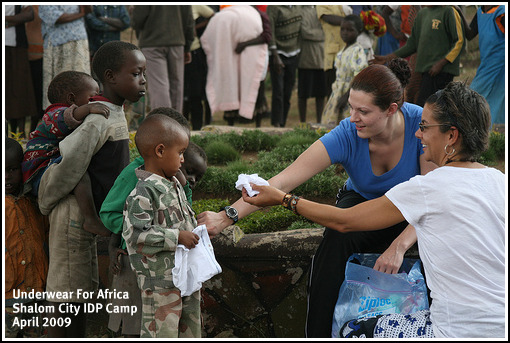
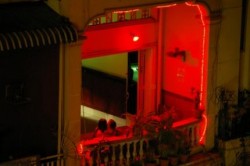
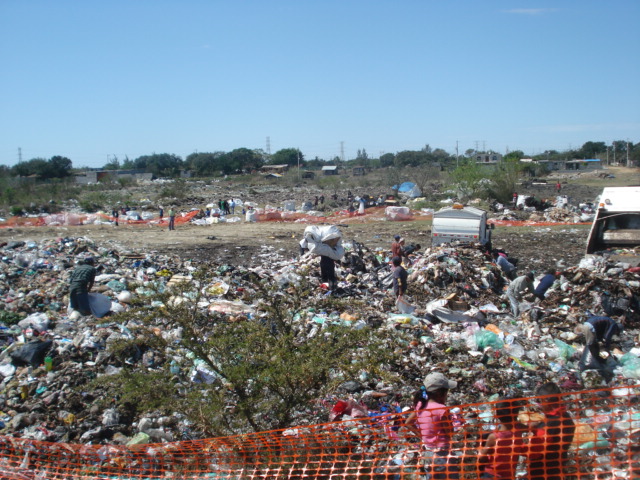

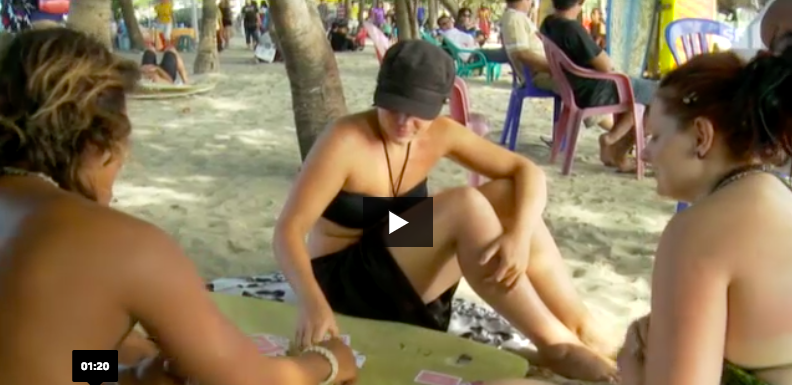

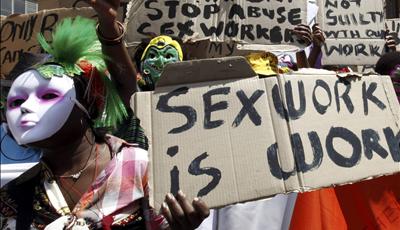
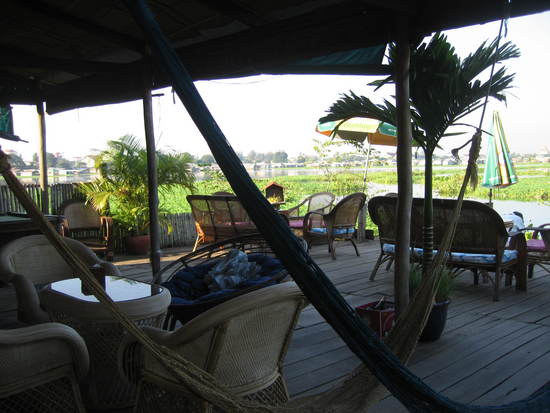









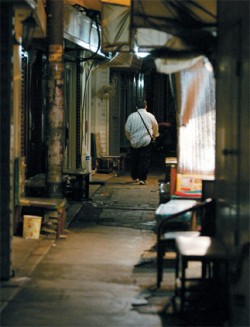



 Photos include strippers, a Soho walk-up, brothels in the Czech Republic, Austria, Cambodia, Mexico, Australia, the USA and Germany, Soi Cowboy and Pattaya in Thailand, sex shops in Finland and Taiwan, hostess and karaoke clubs in Japan and China, brothel paintings by Toulouse Lautrec and Vincent Van Gogh and historical pictures.
Photos include strippers, a Soho walk-up, brothels in the Czech Republic, Austria, Cambodia, Mexico, Australia, the USA and Germany, Soi Cowboy and Pattaya in Thailand, sex shops in Finland and Taiwan, hostess and karaoke clubs in Japan and China, brothel paintings by Toulouse Lautrec and Vincent Van Gogh and historical pictures. 